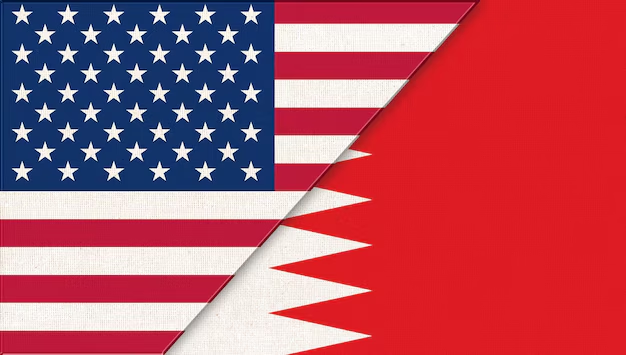Arabs and Cycling: Why Are There So Few Arabs in the Cycling World?
By Evan Ploeckelman / Arab America Contributing Writer
The Tour de France, a 21-day cycling race navigating the country of France, has long been one of the most popular cycling races in the world. As of the time of writing, Tadej Pogacar, cyclist for Team UAE Emirates, is ranked first, while Peio Bilbao, cyclist for Team Bahrain Victorious, is ranked 11th. However, these athletes are not Arab; they are from Slovenia and Spain respectively. Why would these athletes cycle for another country and not their own? And why would teams in the Arab world neglect to recruit up and coming Arab cyclists, as each team only has one Arab cyclist respectively?
Choosing a Team
In many cycling teams around the world, cyclists come from outside the country the team represents. Even Team USA, the American cycling team, has cyclists that either come from or currently reside outside of the US. This is a fairly typical practice, and is often fueled by monetary concerns. One team may offer more than the team of their own home nation, or they may be able to get a more lucrative sponsorship on certain teams than others. This means that teams from wealthier countries or countries whose teams have more sponsors are more likely to attract star cyclists than nations that do not have those same characteristics.
The Case in the Arab World
The UAE and Bahrain are some of the wealthiest nations in the Arab World. As such, they have the resources to be attractive to cyclists from around the world, which could include nations in the Arab world.
However, this does not appear to be the case. The team from the UAE features cyclists from the US, Europe, South America, and even South Africa, yet it only has one Arab member: Yousif Mirza al-Hammadi, from the UAE. The Bahrain Victorious team composition shows a similar story. The team features athletes from Europe, Australia, Japan, and Taiwan, yet only features one Arab, Ahmed Madan, who hails from Bahrain.
Challenges to the Popularity of Cycling
One could look at this discrepancy many different ways. On the one hand, cycling is extremely popular in Europe, with big races like the Tour de France, so one could assume that there is an overabundance of cyclists from Europe. This becomes especially evident once one notices that extremely small countries like Slovenia produce an outsized number of cyclists on both Team UAE Emirates and the Bahrain Victorious. Clearly, there would be a bigger pool of talent to draw from in these areas.
On the other hand, cycling may just not be as popular in the Arab world. This could be for the simple reason that it never really gained a cultural foothold in the region like it did in Europe, although this does seem to be changing. Weather in certain regions of the Middle East, such as strong winds and dust storms, could also make cycling challenging in comparison to races in other parts of the world, which has affected numerous races in the region, such as the Tour of Oman in 2015.
A big reason, though, could be an inability to train for cycling races. Road racing, the type of cycling done in the Tour de France and other big cycling races, requires a lot of space to train. In some regions of the Arab World, that space may not be available, either due to security, infrastructure, or humanitarian concerns in places like Syria or Iraq, or due to physical lack of space and difficulty finding training places, such as in Palestine, where checkpoints can impede progress significantly. Since races such as the Tour de France expect races to bike for 225 kilometers a day, the ability to train seriously can be significantly impacted by these factors.
Furthermore, cycling requires having a bicycle. For those who do not have access to bikes, cycling will remain off limits, so the wealthiest countries in the Arab world, like the UAE and Bahrain, are more likely to have people buying bikes than other Arab nations.
Where To Go From Here
However, knowing this, one would expect countries like the UAE and Bahrain to have more Arab cyclists, but they do not. This could potentially speak more to the popularity of cycling in the Arab World in contrast to other difficulties, but it cannot be said for certain. It is interesting to note that the other major cycling team in the Middle East, the Israel Start-up Nation, not only has many Israeli cyclists, but also featured some Arab cyclists specifically last year on their 2020 continental team. If people really want to give Arabs a place on Arab teams, then more effort needs to be made to make cycling popular in the Arab world and recruit Arab cyclists, or else they may leave to teams in non-Arab nations.
Check out our blog here!









